Primary Programme
Montessori Curriculum
The routine of the Montessori programme is based upon the principle of choice rather than on set times for prescribed activities. Since everything in the Montessori environment is something educational, the child can be free to work by choosing what best fits her/his needs and interests.
The Montessori curriculum is much broader than any other programmes. It teaches more than just the basics: it has exercises to develop the child’s capacities - her/his ability to control movement, to use senses, to think, to solve problems, to gain conscious awareness and control of emotions, the use language, to belong, have friends and be a contributing member of a group, to have the ability to distinguish between appropriate and inappropriate behaviour.
In this way, the programme strives to create inner motivation in children, helps children become competent learners, independent and responsible human beings.
In the Montessori programme children are viewed as positive beings whose primary aim is the work of constructing a competent adult. Rewards and punishments, therefore, can only get in the way. Development and learning by themselves are adequate motivators! Likewise, children do not need to be appealed to through fantasy, bright colours or gimmicks — as these things come between the child and the real learning. Therefore, joy is discovered and experienced in the real world through the study of nature, science, math, music, reading, geography etc… rather than in a world of gadgets, cartoons and fantasy.
Imagination develops through concrete experience, development of in-depth knowledge and the freedom to use one’s mind.
The Importance of the Early Years
Montessori Curriculum
Dr. Montessori discovered, over one hundred years ago, that children under the age of six have extraordinary skills and powers. In her book, “The Absorbent Mind”, she wrote: “The most important period of life is not the age of University studies, but the first one - the period from birth to the age of six. For that is the time when man’s intelligence itself - his greatest implement - is formed. But not only his intelligence, the full totality of his psychic powers”.
Current brain research also confirms that the years from birth to six are the most significant in critical cognitive development. More than 60% of a child’s intellectual and personality development is formed by the age of six. Also between 2 and 6 years old a child’s vocabulary builds about 200 words to 10,000 words!
The use of materials is based on the young child’s unique aptitude for learning, which Dr. Montessori identified as “the absorbent mind”. In her writings she frequently compared the young mind to a sponge: the child literally absorbs information from the environment.
